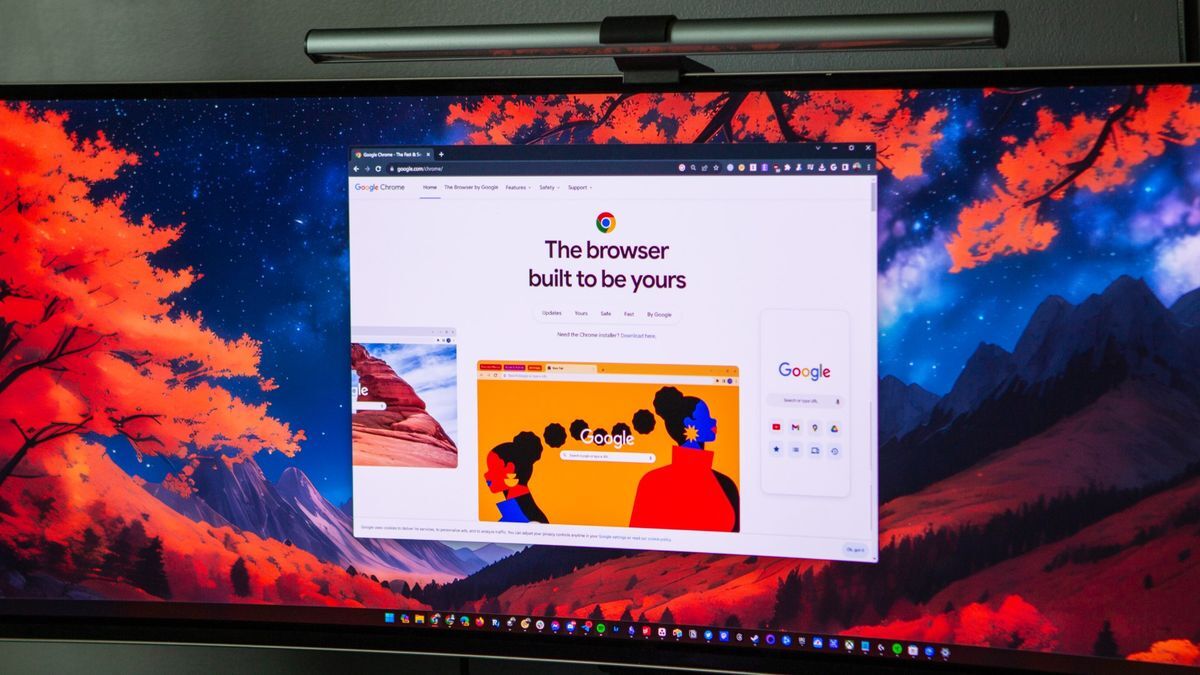Google’s campaign against ad blockers across its services just got more aggressive. According to a report by PC World, the company has made some alterations to its extension support on Google Chrome.
Google Chrome recently changed its extension support from the Manifest V2 framework to the new Manifest V3 framework. The browser policy changes will impact one of the most popular adblockers (arguably), uBlock Origin.
The transition to the Manifest V3 framework means extensions like uBlock Origin can’t use remotely hosted code. According to Google, it “presents security risks by allowing unreviewed code to be executed in extensions.” The new policy changes will only allow an extension to execute JavaScript as part of its package.
Over 30 million Google Chrome users use uBlock Origin, but the tool will be automatically disabled soon via an update. Google will let users enable the feature via the settings for a limited period before it’s completely scrapped. From this point, users will be forced to switch to another browser or choose another ad blocker.



How do they know that it isn’t just a single device network?
They might be able to see if the data indicates the network has been though NAT (network address translation) twice, but that would look just like someone who has plugged their own wifi box into the modem
Highly unlikely when you have hundreds of gigs passing through daily.
But how would they prove that? I have high doubt. Also what benefit would it give them? It seems like a lot of work and uncertainty for little reward.
I can’t answer that. I guess you would need to be in their place to understand that backwards way of thinking.